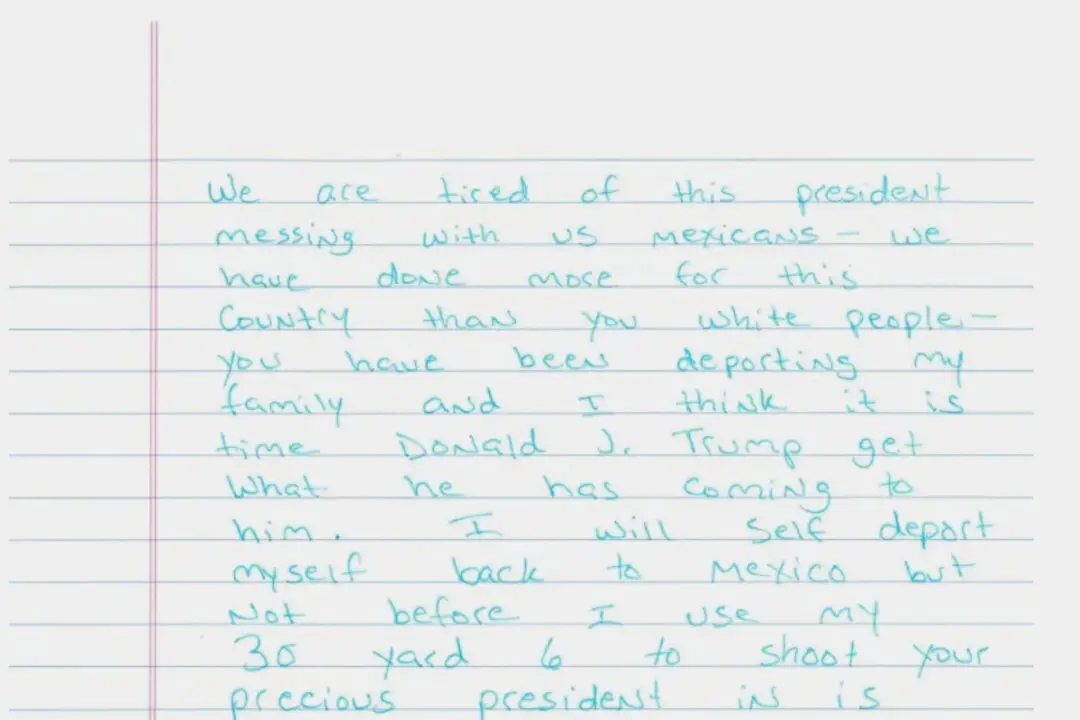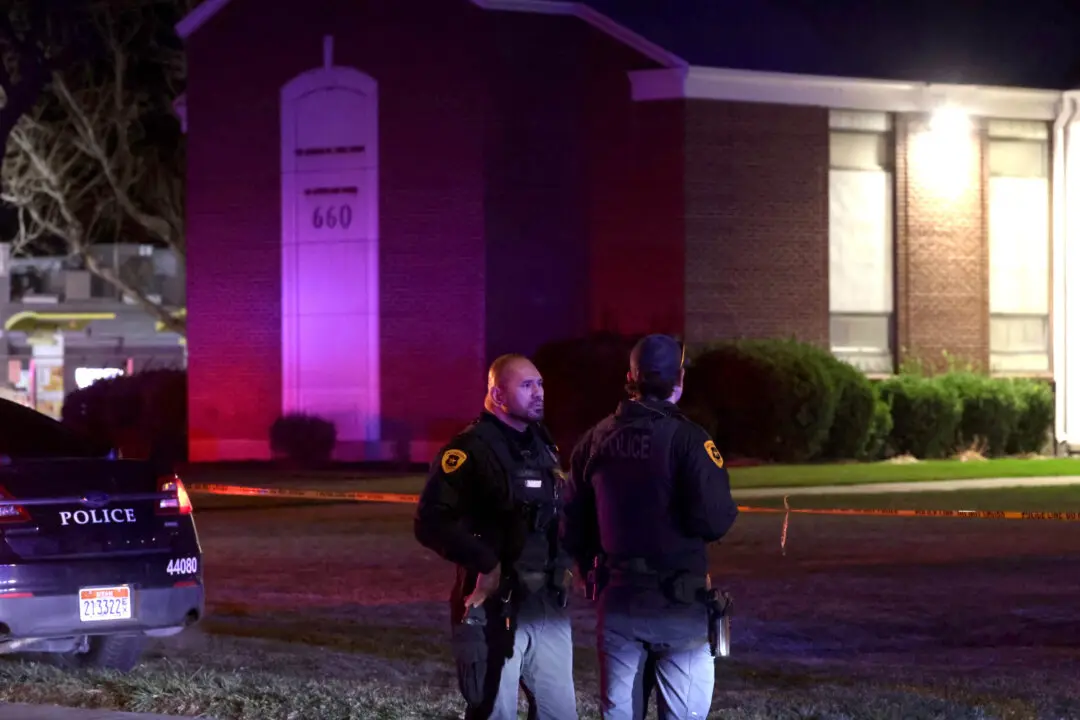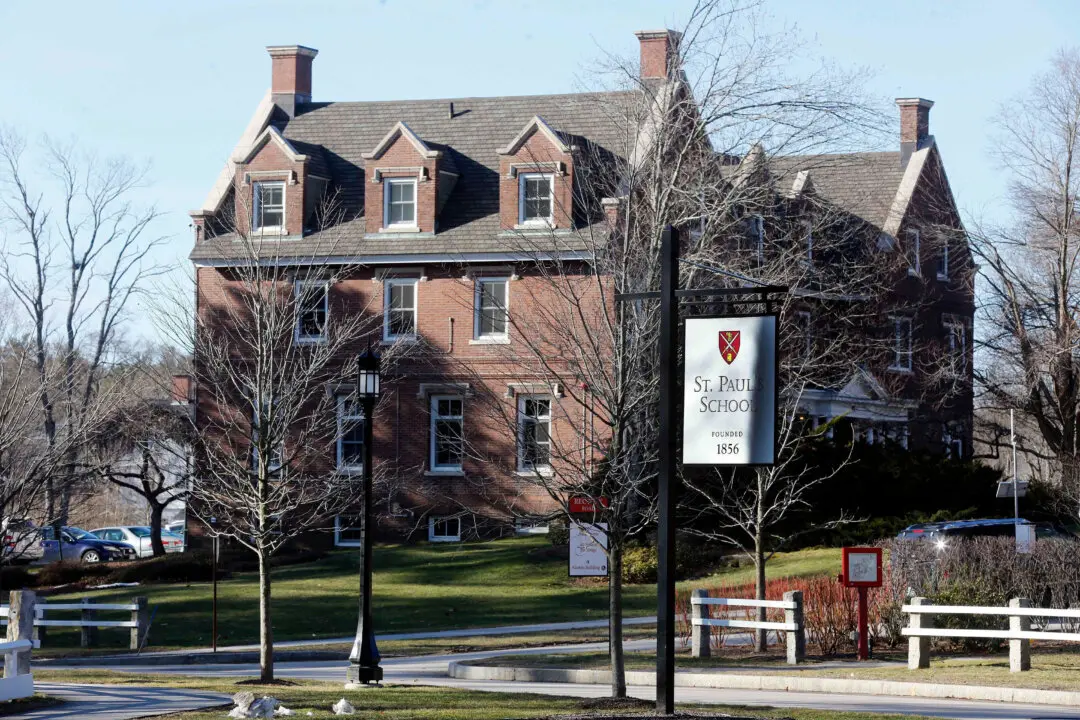WASHINGTON—Ahead of his second meeting with North Korea’s Kim Jong Un, President Donald Trump said on Feb. 15 that the leader of Japan had nominated him for a Nobel Peace Prize for his work to open up a dialogue with the reclusive country.
Prime Minister Shinzo Abe “gave me the most beautiful copy of a letter that he sent to the people who give out a thing called the Nobel Prize,” Trump told reporters in the Rose Garden when asked about his upcoming summit with Kim later this month in Vietnam.





